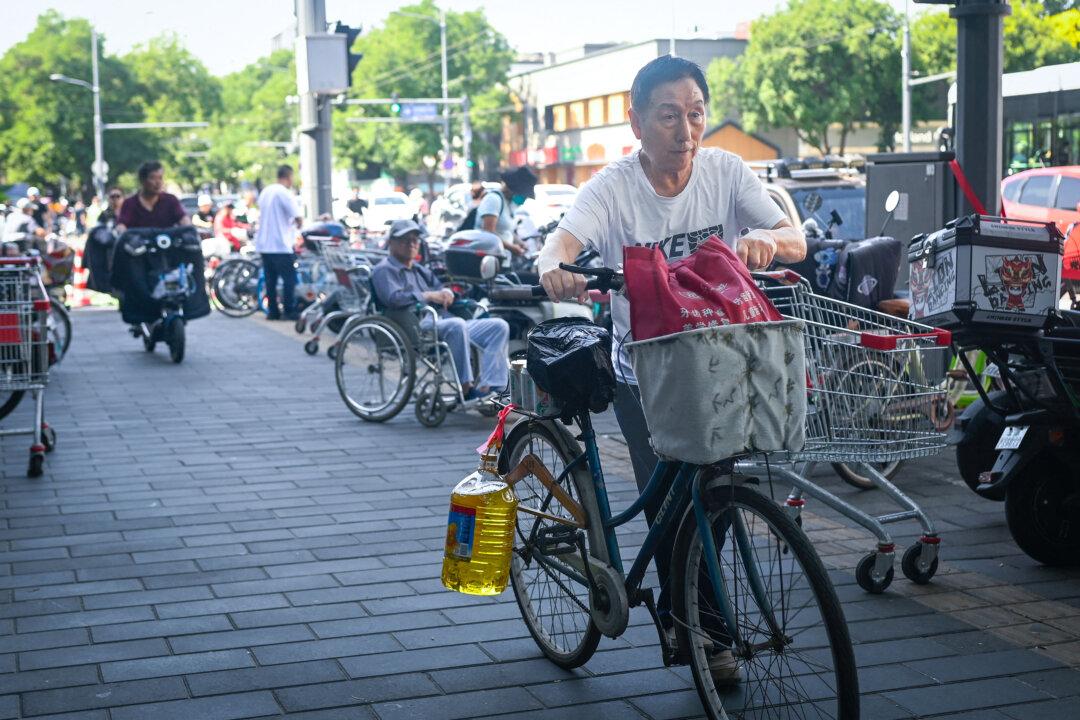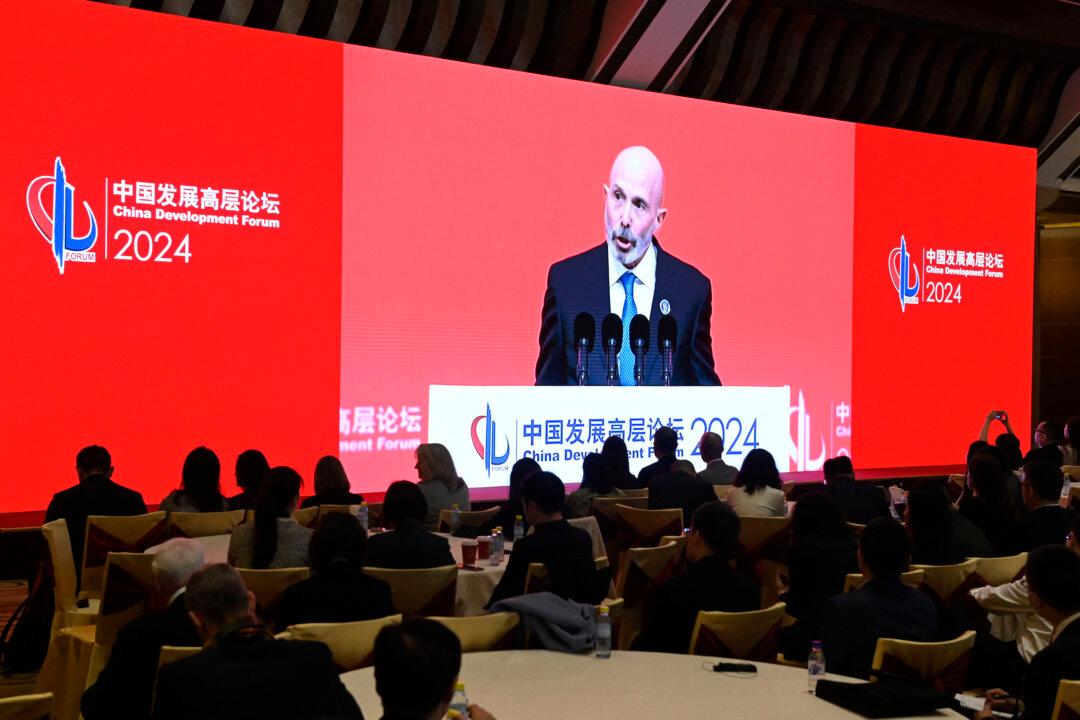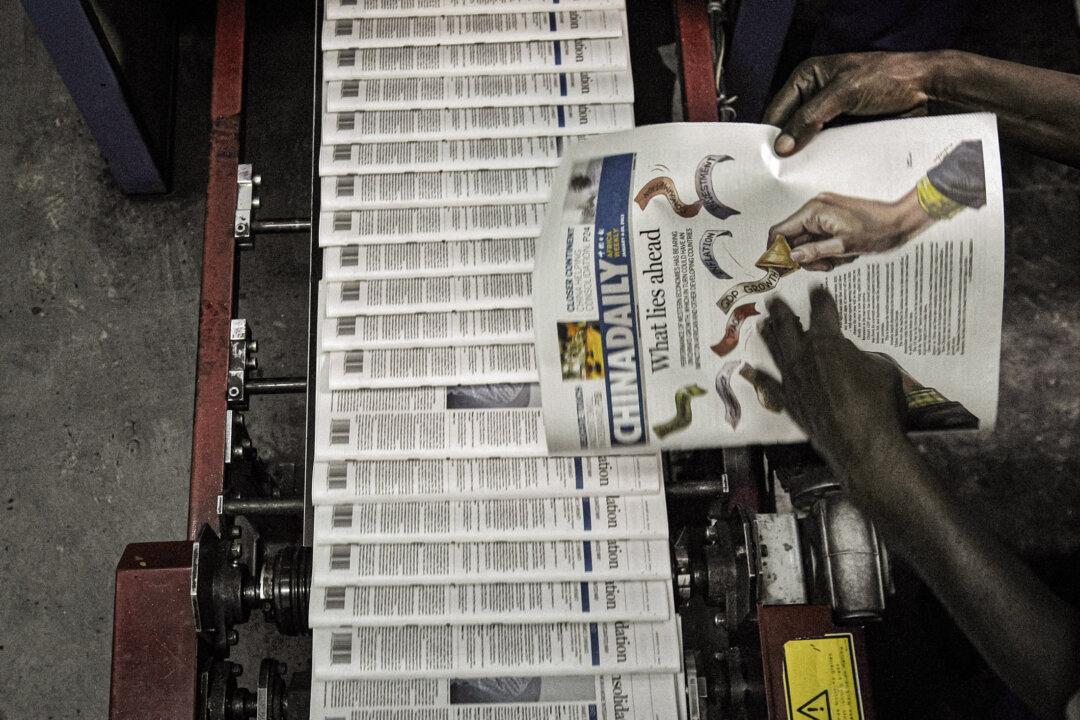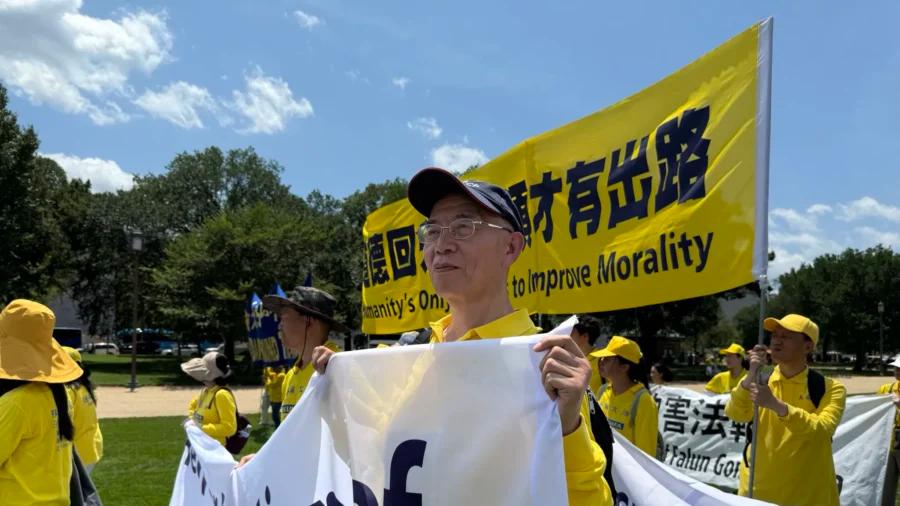The Chinese communist regime is facing a public outcry over the revelation that some big companies transport cooking oil in contaminated fuel tankers.
On July 2, Chinese state media outlet Beijing News reported that to save costs, the multipurpose use of the same tankers for transporting cooking oil, fuel, and industrial chemicals has “become the norm.”





